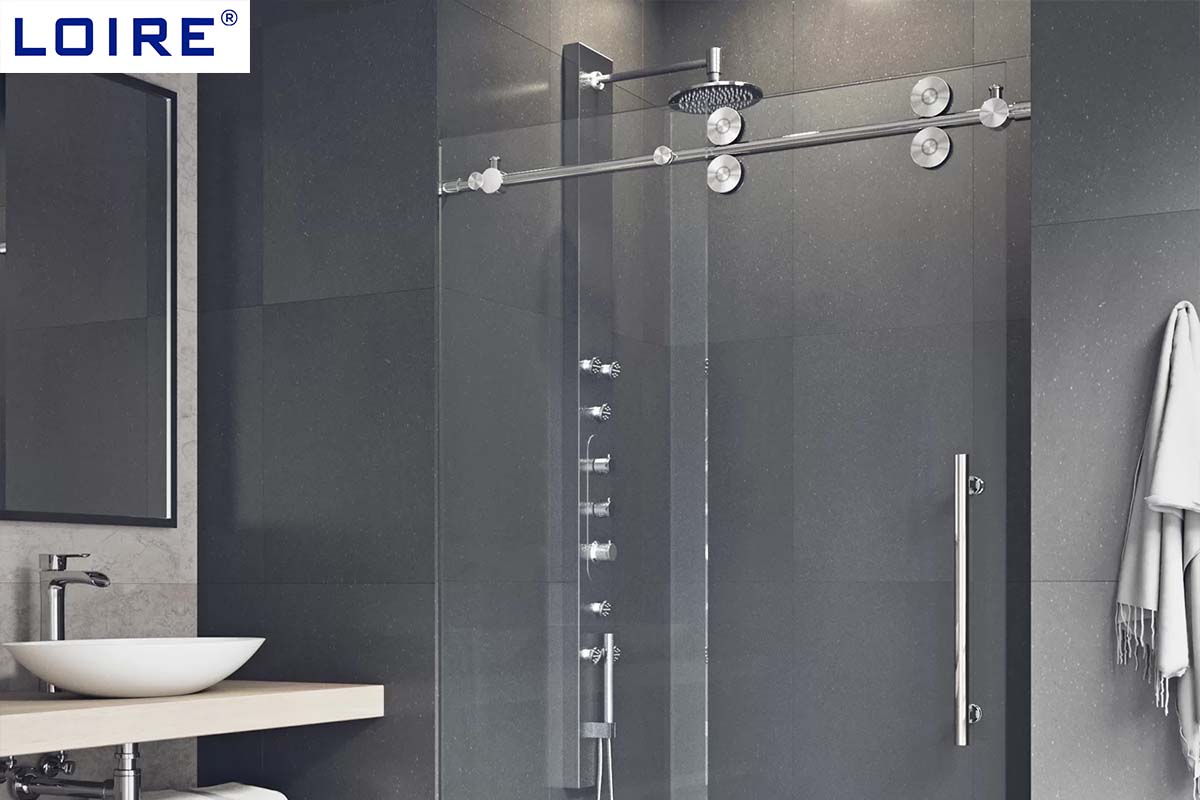Which material is more reliable for shower room hardware?

The reliability of shower room hardware depends on various factors, including the quality of the materials used, the specific components involved, and their maintenance status. Generally speaking, you need to find materials that are durable, corrosion-resistant, and suitable for wet environments in shower rooms. Some commonly used materials for shower room hardware include:
Stainless steel:
Stainless steel has become a popular choice for shower hardware due to its excellent corrosion resistance, durability, and modern appearance. It comes in different grades, with 304 and 316 being the most common choices for shower applications. 316 grade stainless steel is particularly resistant to corrosion in high-humidity environments.
Brass:
Brass is known for its corrosion resistance and can provide an attractive traditional appearance for shower hardware. It is usually used for shower nozzles, faucets, and other decorative elements.
Chromium-plated brass or steel:
Chromium-plated brass or steel is another choice for shower hardware. The chrome coating provides a shiny and corrosion-resistant surface, but over time, if not properly maintained, the coating may wear out.
Aluminum:
Aluminum is lightweight and corrosion-resistant, commonly used for shower curtain rods and other accessories. For heavy-duty components, it may not be as durable as stainless steel or brass.
Plastic:
Some shower components (such as shower curtains) may be made of plastic. Although plastic is lightweight and waterproof, it may not be as durable or durable as metal options.
In addition to materials, factors such as construction quality, brand reputation, and correct installation and maintenance should also be considered. Regardless of the material used, regular cleaning and maintenance can significantly extend the service life of shower room hardware. Ultimately, the selection of materials should meet your specific needs, budget, and shower room design preferences.






